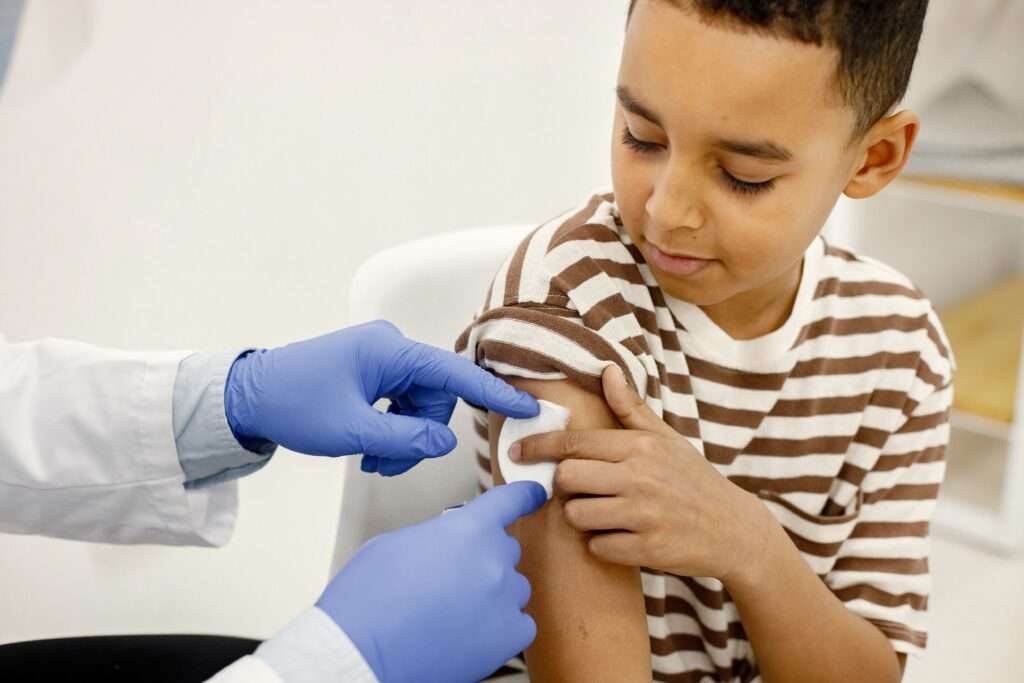Family medical history
A family medical history is a record of health information about your child’s immediate and extended family members. It includes information about illnesses, medical conditions, and health concerns that have occurred in your family’s past and present. A family medical history can be valuable for understanding your child’s potential health risks and providing important information […]









